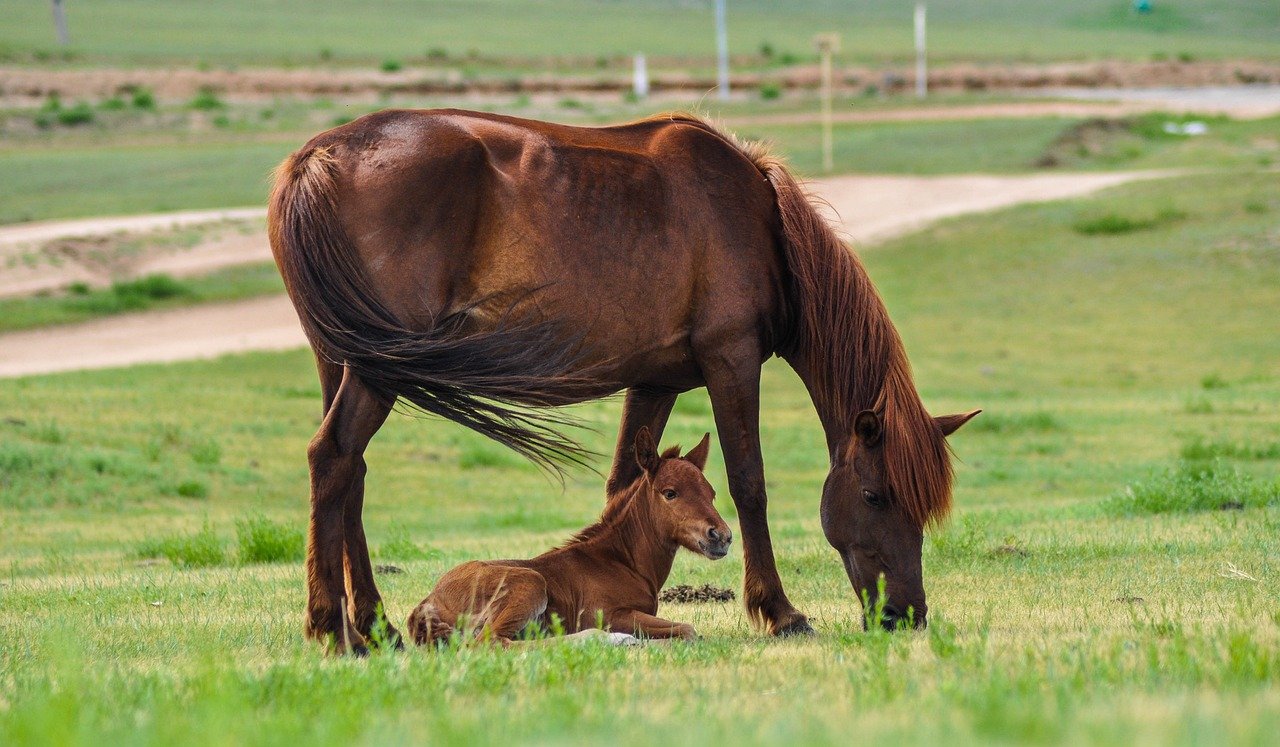Horses are magnificent creatures that have been a part of human history for thousands of years. Their grace, strength, and gentle demeanor have made them beloved companions to many. But like any living being, they need proper care to thrive. One aspect of their care that is often overlooked is the importance of foraging. In this article, we will explore how improved foraging can significantly enhance a horse’s overall well-being. By understanding their natural grazing habits and making necessary adjustments, horse owners can ensure their equine friends lead happy, healthy lives.
The Natural Grazing Instinct
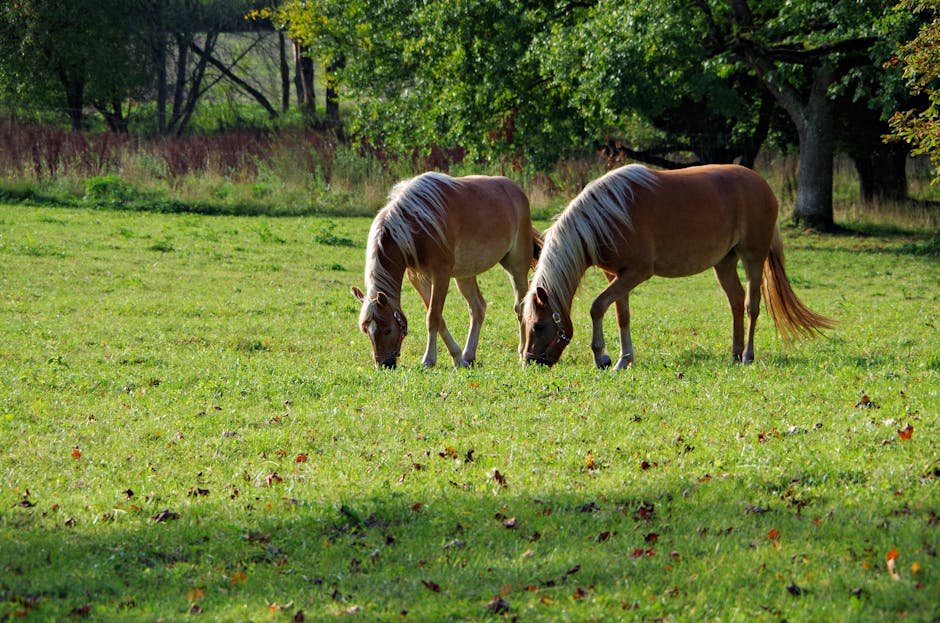
Foraging is a natural and essential part of a horse’s daily life, yet modern feeding practices often limit their ability to graze as they would in the wild. Providing opportunities for improved foraging—through enriched grazing environments, slow-feeding systems, and varied forage sources—can have a profound impact on a horse’s physical and mental well-being. From promoting better digestion and preventing boredom to reducing stress and encouraging natural behaviors, enhanced foraging supports a healthier, happier horse.
Horses, by nature, are grazers. In the wild, they spend the majority of their day roaming and nibbling on grass. This behavior is ingrained in their DNA and is crucial for maintaining their physical and mental health. Unlike humans, horses have a unique digestive system that is designed to process small amounts of food continuously. When they are deprived of this natural grazing habit, it can lead to various health issues, including digestive problems and anxiety. Providing an environment that allows for natural foraging not only caters to their instinctual needs but also supports their overall well-being.
Benefits of Continuous Foraging
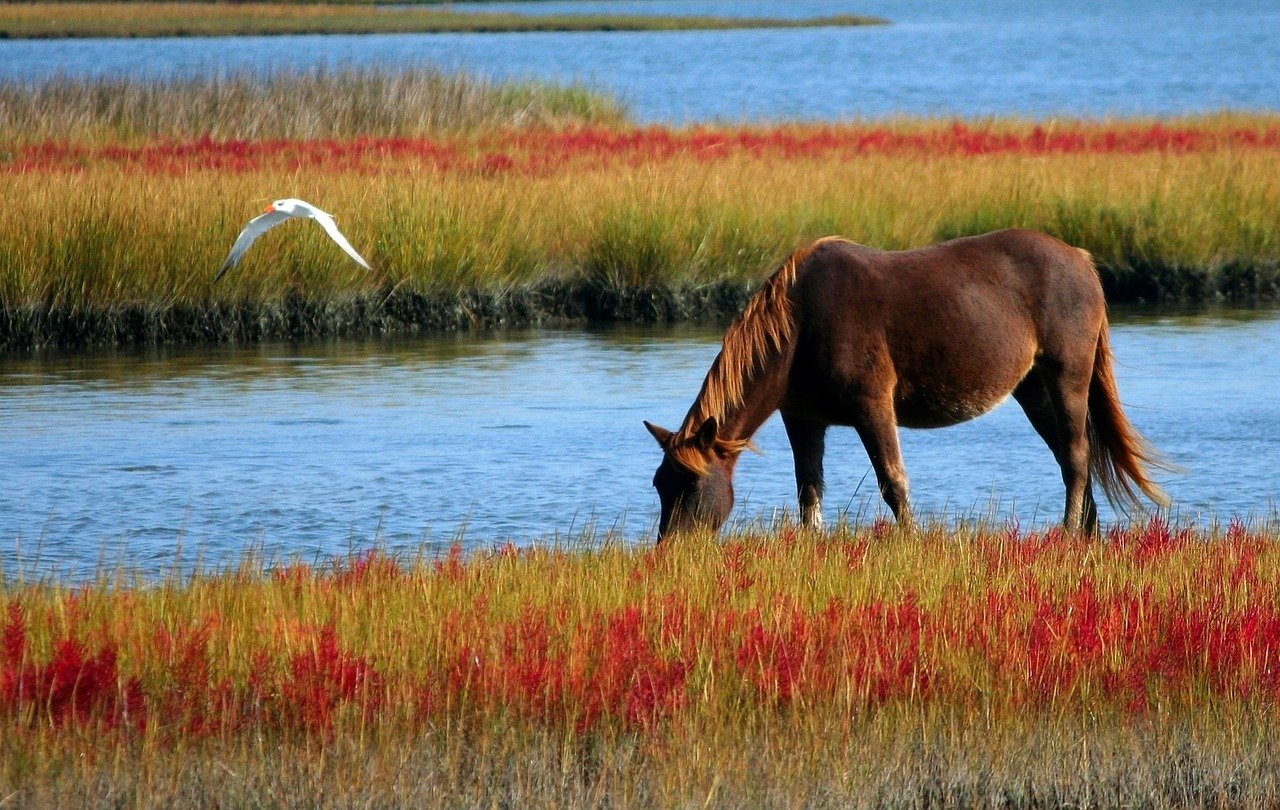
Continuous foraging is not just about keeping a horse busy; it has several health benefits. First, it aids in proper digestion. Horses produce stomach acid constantly, and without regular intake of forage, this acid can cause ulcers. Grazing ensures that the stomach has something to work on, reducing the risk of ulcers. Secondly, it helps maintain a healthy weight. Horses that can forage throughout the day are less likely to become overweight, as they are consuming small amounts consistently rather than large meals that can lead to weight gain. Lastly, it keeps their teeth in good condition, as the act of chewing wears down their teeth naturally, preventing overgrowth.
Psychological Benefits of Foraging
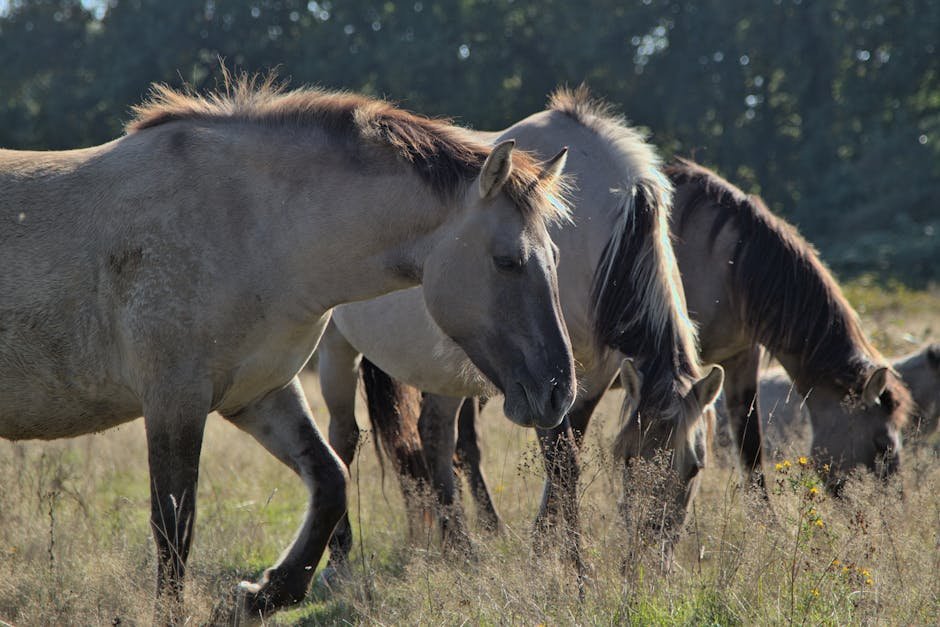
Foraging is not only beneficial for a horse’s physical health but also their mental well-being. Horses are naturally curious and intelligent animals. Being able to forage allows them to engage their minds, reducing boredom and the development of negative behaviors such as cribbing or weaving. A horse with access to natural foraging opportunities is often calmer and more content, leading to a better relationship with their owner. Just as humans find peace and relaxation in nature, horses find solace in grazing, making it an essential component of their care.
Understanding Nutritional Needs
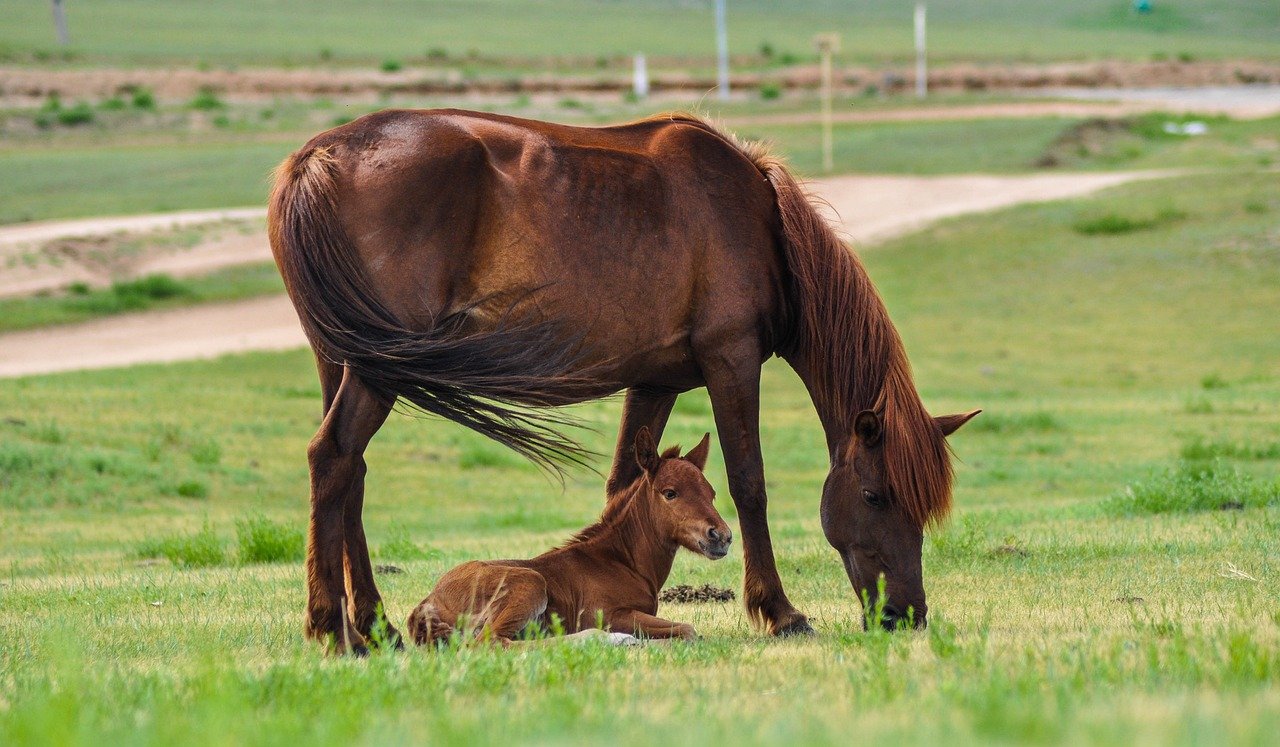
While foraging is a natural and beneficial activity, it is vital to understand a horse’s nutritional needs to ensure they are met adequately. Horses require a balanced diet that includes essential vitamins and minerals. While grass and hay are staples, they may not always provide all the nutrients a horse needs. It is important to supplement their diet with appropriate feeds that cater to their specific health requirements. Consulting with a veterinarian or an equine nutritionist can help horse owners determine the best foraging and feeding plan for their horses.
Creating a Forage-Friendly Environment
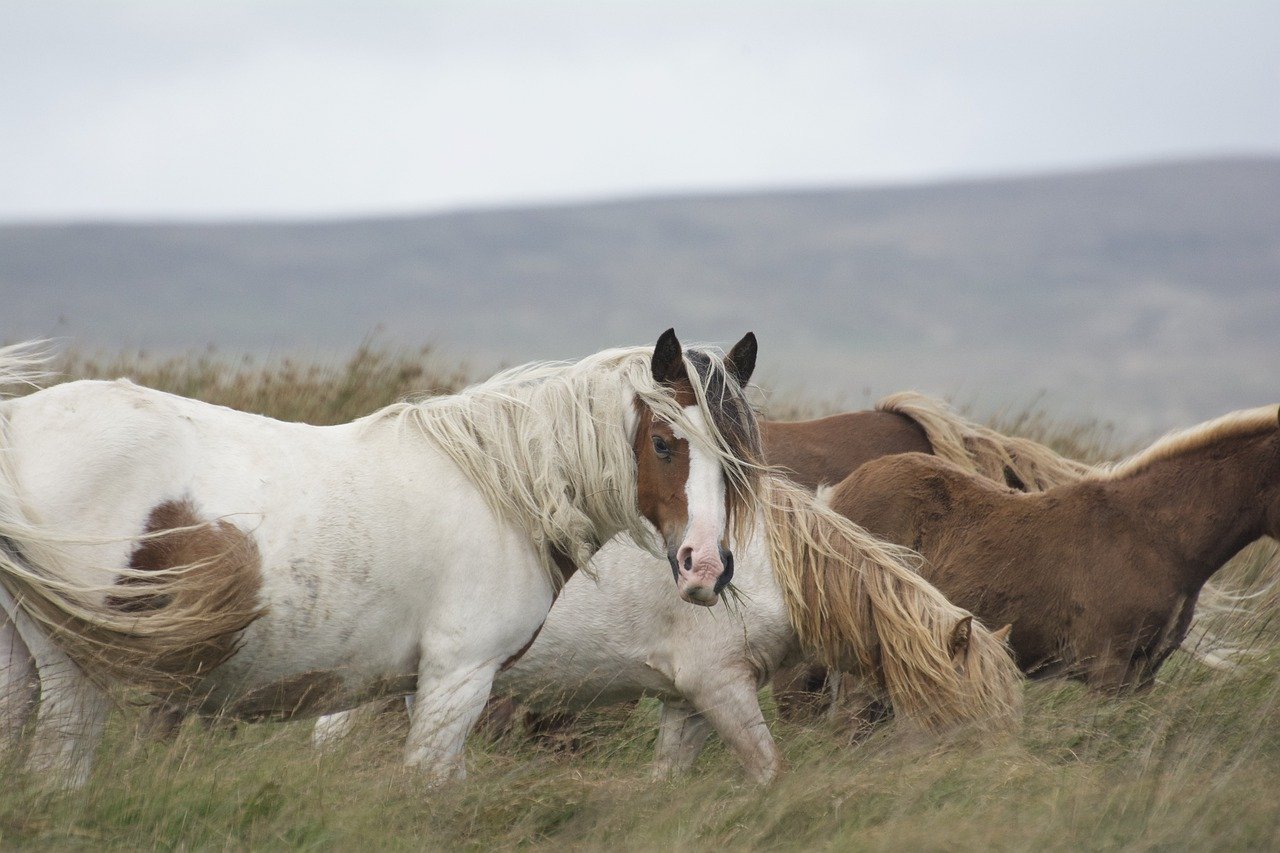
To promote improved foraging, horse owners must create environments that mimic natural grazing conditions. This includes providing access to pasture land where horses can roam freely and graze as they would in the wild. If pasture access is limited, offering hay throughout the day in small amounts can simulate grazing. Additionally, using slow feeders can help control the rate at which horses eat, preventing them from consuming their food too quickly. By creating a forage-friendly environment, horse owners can support their horse’s natural behaviors and improve their overall well-being.
The Role of Grass and Hay Quality
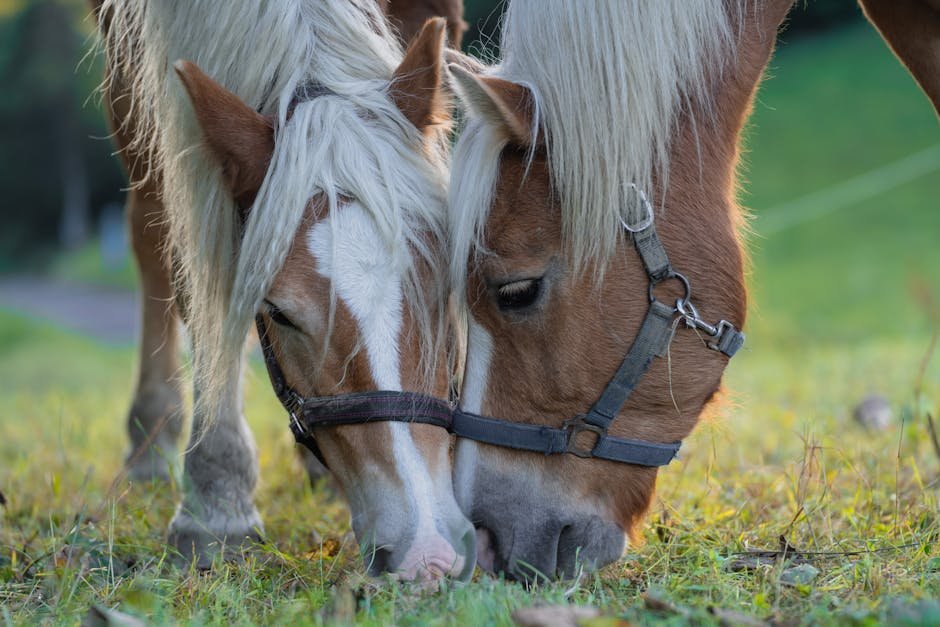
The quality of grass and hay provided to horses is just as important as the act of foraging itself. Poor quality forage can lead to nutritional deficiencies, weight loss, or even colic. It is essential to ensure that hay is free from mold and dust, as these can cause respiratory issues. Similarly, pasture grass should be regularly maintained to prevent overgrazing and the growth of harmful weeds. Providing high-quality forage not only keeps horses healthy but also enhances their foraging experience, contributing to their overall happiness.
The Impact of Seasonal Changes
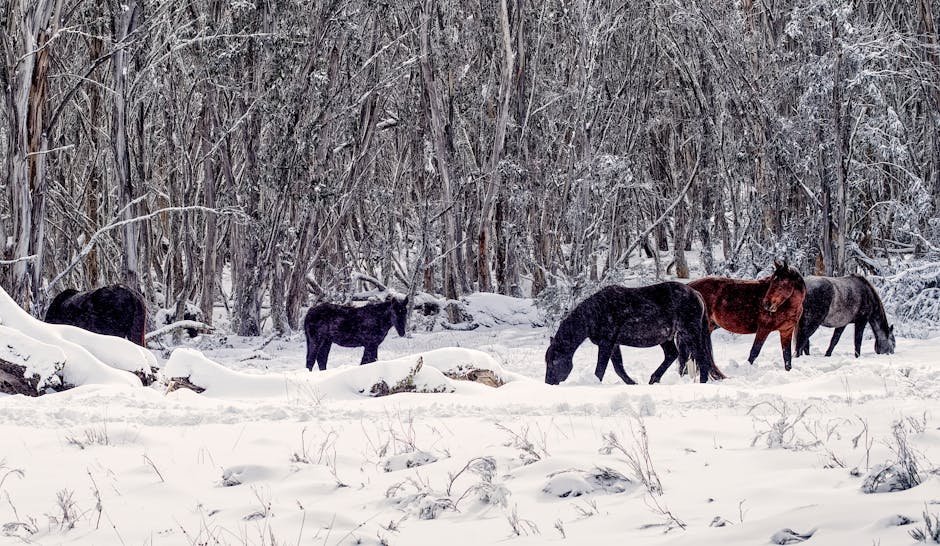
Seasonal changes can significantly affect a horse’s foraging habits and nutritional needs. During winter, pasture availability may decrease, requiring horse owners to rely more heavily on hay. In contrast, summer months often provide abundant grass, but it is essential to monitor for overconsumption, which can lead to weight gain. Understanding how different seasons impact foraging can help horse owners adjust their feeding strategies accordingly, ensuring their horses remain healthy year-round.
Addressing Common Foraging Challenges
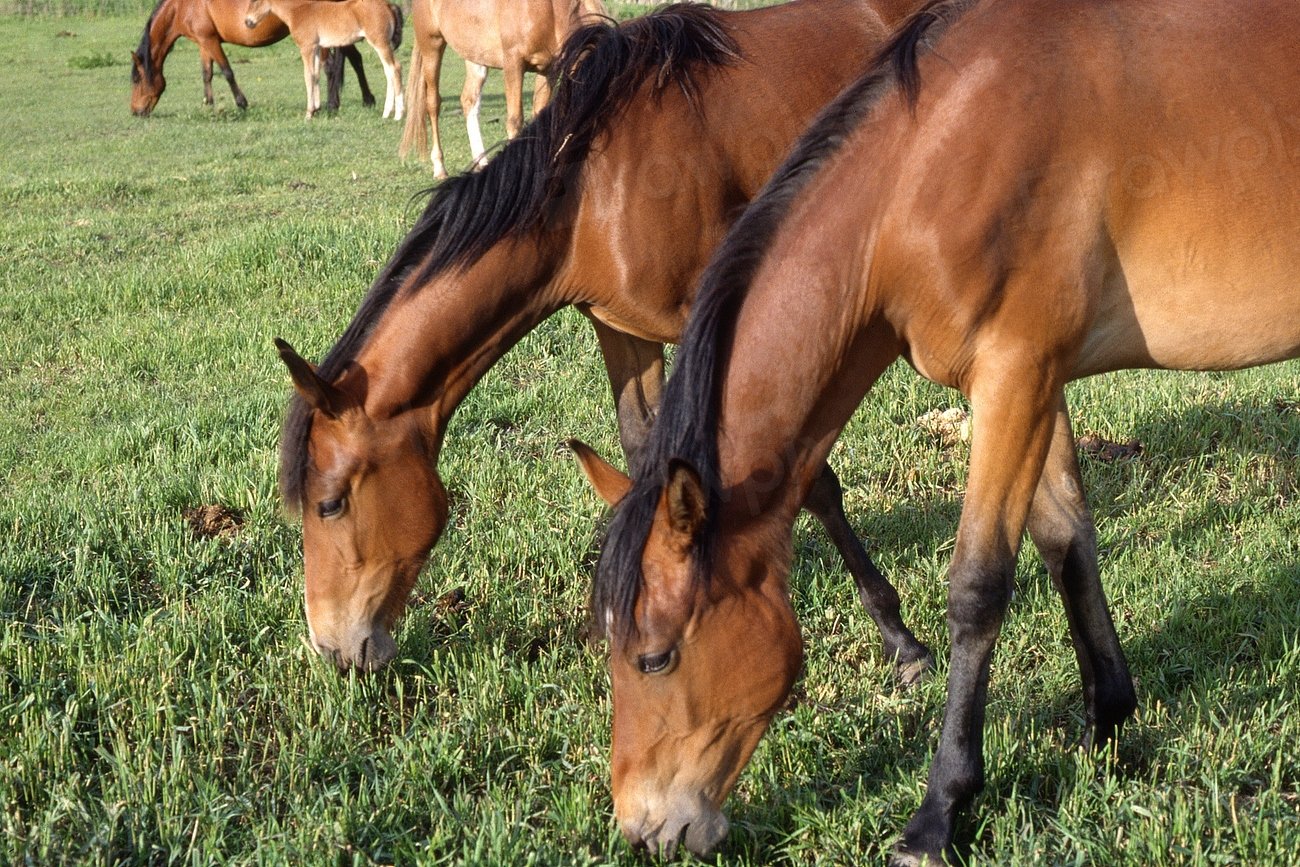
While foraging is beneficial, it is not without its challenges. Some horses may have dietary restrictions due to health conditions such as laminitis or insulin resistance. In such cases, it is crucial to work with a veterinarian to develop a foraging plan that accommodates these needs. Additionally, horses with dental issues may require softer forage or special feeding techniques. By addressing these challenges, horse owners can ensure all horses have access to the benefits of foraging, regardless of their individual circumstances.
Integrating Foraging with Training
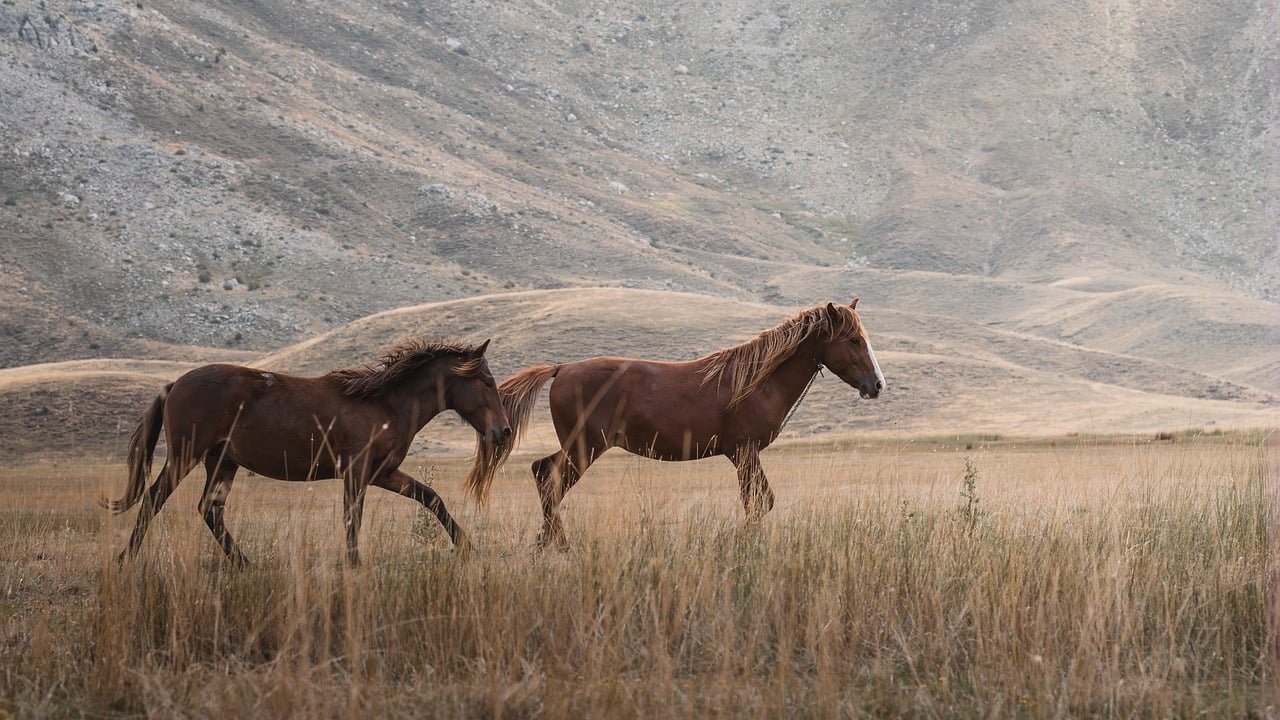
Foraging can be seamlessly integrated into a horse’s training routine. Using foraging as a reward during training sessions can reinforce positive behavior while keeping the horse engaged. This approach not only enhances the training experience but also strengthens the bond between horse and owner. By incorporating foraging into training, horse owners can create a balanced routine that caters to both physical and mental stimulation, ultimately leading to a happier, healthier horse.
Conclusion
Improved foraging is a fundamental aspect of a horse’s care that can greatly enhance their overall well-being. By understanding and catering to their natural grazing instincts, horse owners can ensure their equine companions lead fulfilling lives. From physical health benefits to psychological advantages, foraging plays a crucial role in keeping horses happy and healthy. By creating a forage-friendly environment, providing high-quality forage, and addressing individual needs, horse owners can support their horses in the best possible way.

